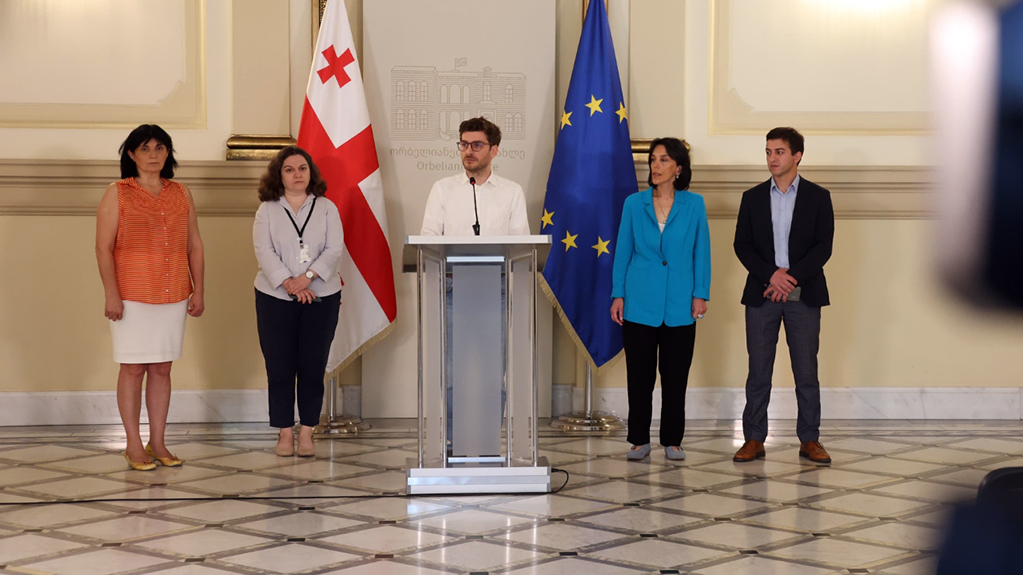The evaluation by the members of the selection commission for the candidate for membership on the Supreme Council of Justice indicates that Judge Liela Poladishvili's decision to suspend the presidential decree appointing Kakha Tsikarishvili is unconstitutional.
News
"Judge Liela Poladishvili grossly violated the principle of separation of powers guaranteed by the Constitution of Georgia and encroached upon the exclusive authority of the President of Georgia, as established by Article 52 of the Constitution, to independently select and appoint one non-judge member of the Supreme Council of Justice. In this decision, the judge also disregarded the provision of the General Administrative Code of Georgia, which excludes the President of Georgia’s activities from its scope.
The judge extended the general two-month period for considering the case to five months, thereby prolonging the effect of the decision and increasing the risk of paralyzing the president as an independent constitutional body," stated Guram Imnadze, the chairman of the commission, during today's briefing.
Nona Kurdovanidze, a member of the selection commission and chairperson of the Georgian Young Lawyers' Association, stated that the General Court had no right to suspend the President’s decree and should not have accepted the case at all.
"It is astounding that the General Court has usurped the Constitution’s provision empowering the President to appoint an independent member, and has decided to control who becomes a presidential appointee to the General Court.
Unfortunately, the judicial system, leveraging its influence, is attempting to prevent even one person with a different opinion from joining the Supreme Council of Justice, despite such a person having no significant impact on the decision-making process.
All this individual could have done was call for more transparency, which is now effectively lost. An independent member could have brought a critical voice to the Supreme Council of Justice," Kurdovanidze noted.
On July 22, the court suspended the effect of the presidential decree appointing Kakha Tsikarishvili, based on a lawsuit filed the same day by Manuchar Kakochashvili, a participant in the selection competition for a member of the Supreme Council of Justice. Judge Liela Poladishvili approved Kakochashvili's petition, prohibiting the President from holding a new competition or appointing another member of the Supreme Council of Justice until the case is resolved.
Kakha Tsikarishvili's term as a non-judge member of the Supreme Council of Justice was scheduled to begin today, July 23.
"The author of the lawsuit claims that two members of the commission were biased. Additionally, the commission did not question me about my qualifications, whereas they did question him and some other candidates," Tsikarishvili said.
As he says, "the system was afraid" that his entry into the Supreme Council of Justice would grant him access to a significant amount of information that the Council does not make public.
The Supreme Council of Justice is a coordinating body within the judicial system, established to promote quality and efficient justice. It appoints judges to city and appellate courts and selects candidates for the Supreme Court to be sent to Parliament for approval. The council is composed of 15 members, six of whom are non-judge members. The President is authorized to appoint one non-judge member.















